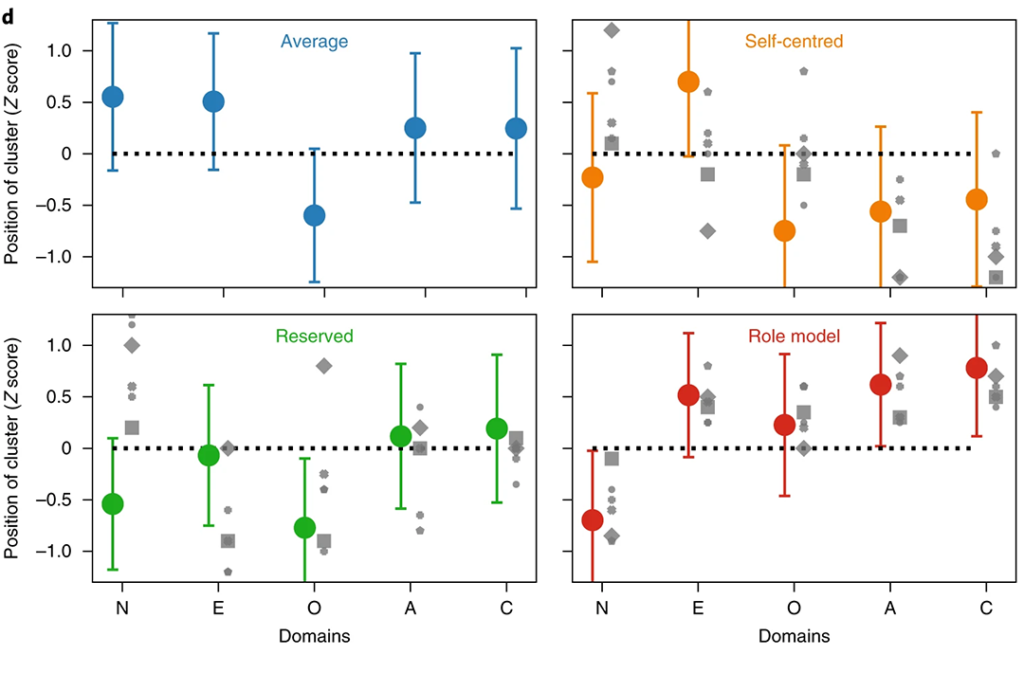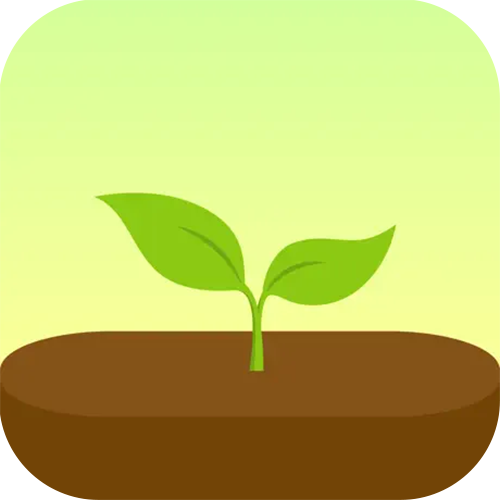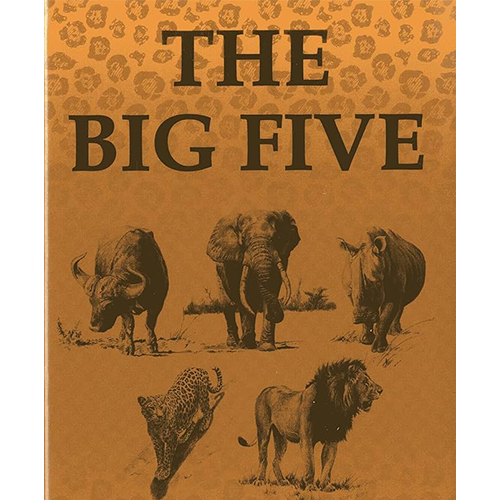Many contemporary psychologists believe personality is distilled into five fundamental dimensions, commonly known as the “Big Five” personality traits. A nuanced understanding of these traits, and what it signifies to score high or low in each, can provide profound insights into one’s own personality. This discussion focuses on leveraging the Big Five to cultivate optimal habits tailored to your unique characteristics. Since habits form the foundation of our lives, it is crucial that they align with our aspirational self. The challenge lies in the fact that not all habits are universally beneficial; this guide aims to direct you toward habits that best suit your individual needs and goals.
The “Big 5” Personality Traits
Lets begin by understanding what the Big Five are:






This study shows the 4 main archetypes that most people fall into based on the Big 5:
- Average: High levels of extroversion and neuroticism, and low levels of openness
- Self-centered: High extroversion, low levels of openness, agreeableness, and conscientiousness.
- Reserved: Low extroversion, neuroticism, and openness. High conscientiousness and agreeableness
- Role Model: High on all traits except neuroticism
Habits to Harness
Now I will give you the best habit for your specific Big 5 personality type. Each habit is tailored around specific traits, creating the most useful adaptation for you.
Adaptable Apps
These apps will allow you to adapt the habits above into your life seamlessly.

One Sec
With One Sec, you can gain control over compulsive behaviors triggered by the addictive algorithms of smartphone apps. Here’s how it works: when you attempt to open a designated app, a screen appears prompting you to “take a deep breath,” followed by a counter showing how many times you’ve tried to access that app. This brief pause reduces your brain’s craving for instant dopamine hits, a method proven effective by the Max Planck Institute for Human Development. This small action can lead to significant changes, helping you regulate sleep patterns, improve mental health, and enhance productivity. By taking just one second to curb your impulses, you can transform your habits.

Forest
Our phones are always within reach while working, providing little resistance to procrastination and doomscrolling. However, Forest introduces a novel way to counter this tendency by adding stakes to your phone usage. When you start a task, open Forest, and a virtual tree begins to grow. The longer you stay focused, the more your tree flourishes. Each tree you cultivate remains in the app, tracking your productive sessions. By gamifying productivity, Forest offers a simple yet effective incentive to enhance your focus and increase your productivity.
Stats for success


Brief Bullets
Each of us have our own strengths and struggles. As a result, some habits are uniquely defined to optimize our specific personality. Here are some takeaways:










